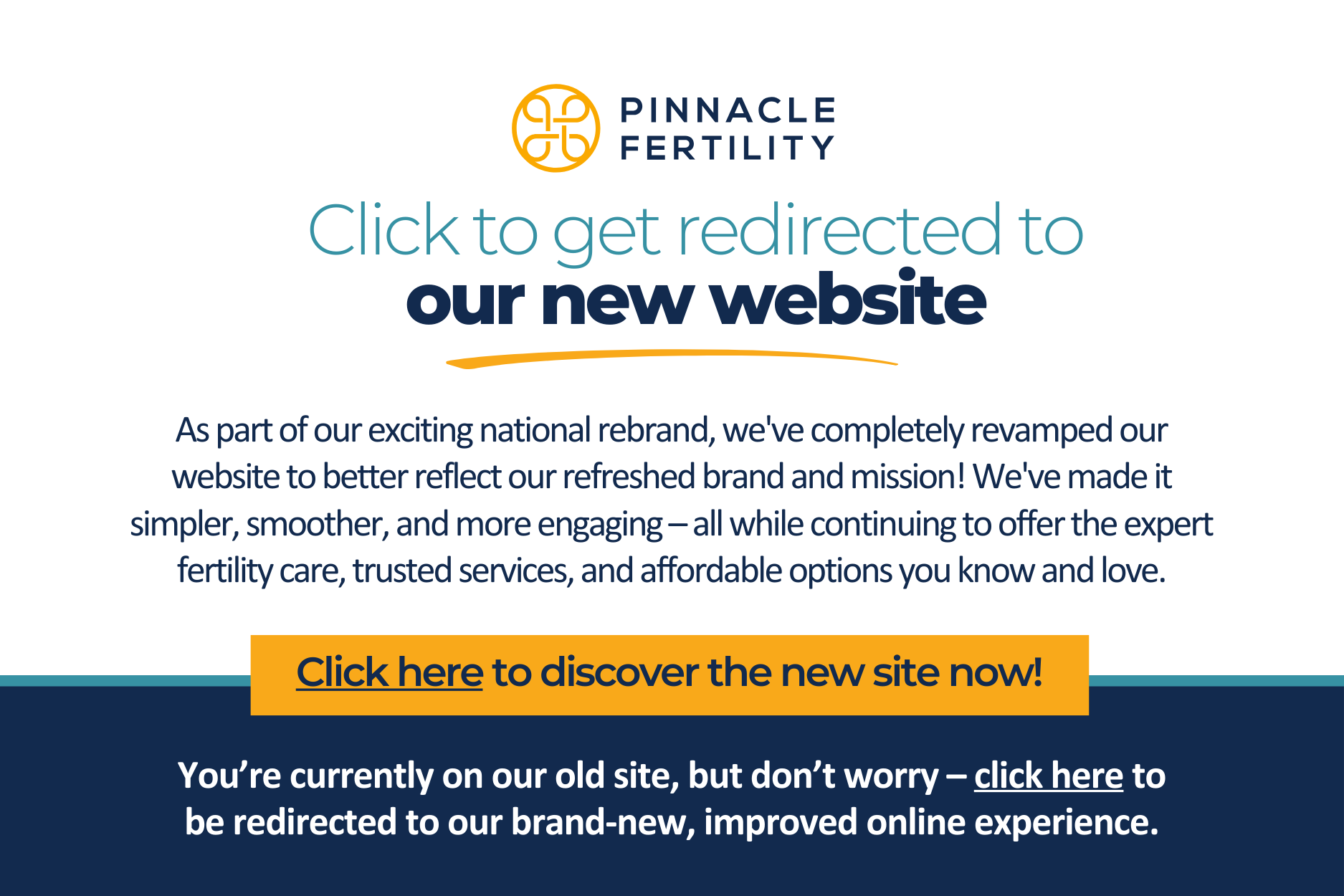Have questions about the egg freezing process? We’re here for you.
Our financial counselors will help you investigate whether you have insurance coverage for egg freezing.
Frequently Asked Questions
Egg Freezing FAQ
All patients will be under anesthesia for about 20 minutes, resulting in a nearly pain-free experience. Upon waking up, patients may feel a little sore, achy, and slight cramping. Most patients take a couple days to recover, while others can take up to a week.
Birth control is considered an optional tool to help create a schedule that works for you. You will be able to continue your current birth control, or keep your IUD inserted, if you so choose.
Every woman’s hormone sensitivity is unique. For most women, estrogen results in good feelings and minimal mood fluctuation. After egg retrieval, you may experience a decrease in estrogen, which could result in a more drastic hormonal shift.
No, egg freezing will not lower your body’s natural egg count. Every month there is a small group of follicles, only one of which will grow and release the egg at the time of ovulation. The remaining follicles from this small group will degenerate as part of the normal process. For egg freezing, the medications stimulate all those potential eggs for that cycle so that they can be frozen and avoid degeneration.
- Eat a healthy well-balanced diet. Caffeine and alcohol are okay during a cycle but in moderation.
- Take a multivitamin daily.
- Continue to exercise which may include low impact activities such as walking, light running, biking, or swimming.
- Inform your provider before starting any new prescribed medication or supplements.
Most women go back to work one to two days after the procedure. You may experience some soreness in the vaginal area, some abdominal cramping, or some spotting, which could last a few days. Most women feel back to normal within a week. You can expect your next menstrual period to start within 1-2 weeks after your procedure.
Eggs are frozen (cryopreserved) by vitrification, a fast-freeze method that puts your eggs into a glass-like frozen state. Vitrification reduces the likelihood of ice crystal formation which could damage the egg. There is no known limit on how long your eggs can be frozen ad there is no evidence that the health or viability of frozen eggs decreases over time.
Your eggs will remain in storage at SRM until you are ready to use them. All eggs are kept super chilled in liquid nitrogen (-320 F). We have multiple systems in place systems that are designed to maximize the safety of your eggs.
The process for using your eggs is the same as in an in vitro fertilization (IVF) cycle. First, your eggs are thawed in a highly controlled lab environment. One sperm is injected into each surviving egg and incubated overnight. Some of the embryos will continue to grow and divide, creating blastocysts, (embryos that are ready for transfer into your uterus). The embryo transfer is a quick and easy office procedure. The estimated livebirth rate per thawed egg is 5-12% in women under 35 years of age.
One cycle of egg freezing costs $9600 plus medications. Medication costs range from $2500 – $5500.
Our financial counselors will help you investigate whether you have insurance coverage for egg freezing.

